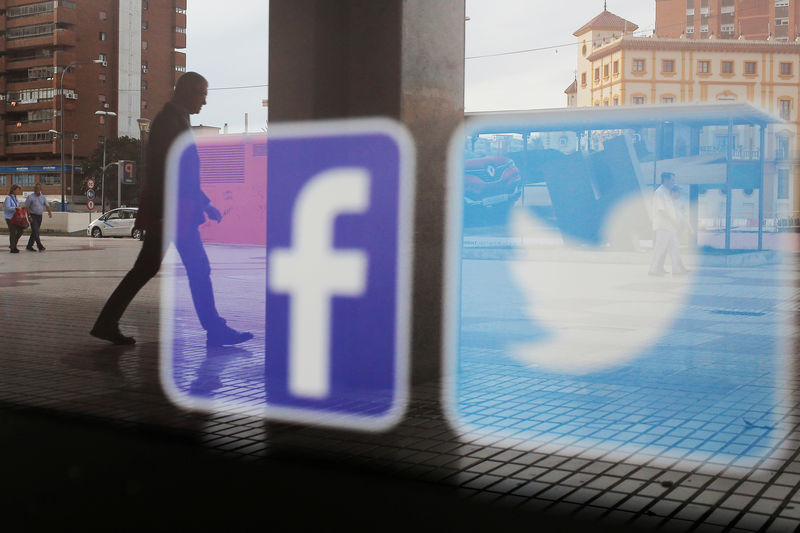Meta Platforms Inc (NASDAQ:META)., the tech giant behind Facebook, Instagram, and WhatsApp, is embarking on an ambitious project to construct a fiber-optic subsea cable that will encircle the globe, according to TechCrunch. The initiative, which spans over 40,000 kilometers, is expected to surpass $10 billion in investment, marking a significant move by the company to take control of its internet infrastructure.
The project is still in the planning phase, with no physical assets laid out yet. The company plans to divulge more details about the cable, including its route, capacity, and rationale, in early 2025. However, it will be years before the cable is fully operational due to the limited number of companies capable of building such infrastructure and the current high demand for their services.
Meta's cable is set to form a "W" shape, extending from the east coast of the United States to India via South Africa, and then from India to the west coast of the United States via Australia. This route is designed to avoid areas of geopolitical tension and to ensure a reliable connection for the vast amount of traffic generated by Meta's platforms, which account for a sizable portion of global internet usage.
Meta's head of global infrastructure and co-head of engineering, Santosh Janardhan, is overseeing the project, which is being conceived out of the company's South Africa operation. The move to build and own a subsea cable is a significant shift from the industry norm, where telecom carriers typically invest in such infrastructure collectively.
Currently, Meta is part-owner of 16 existing networks, including the 2Africa cable. This new venture, however, would be the company's first wholly owned subsea cable, placing it in a similar position to Google (NASDAQ:GOOGL), which has sole ownership of several regional routes.
The company's investment in subsea cables not only supports its need for dedicated capacity but also aligns with its economic interests, as Meta earns more revenue outside North America. Additionally, owning the cable could provide a boost to economies in regions connected by the infrastructure.
While Meta has not commented on whether the subsea cable will specifically support its AI initiatives, India has been highlighted as a key landing point due to its burgeoning user base and potential for data center expansion, particularly in the realm of AI.
The project's timeline and further specifics remain uncertain, but the implications of Meta's decision to build its own subsea cable are clear: the tech giant is seeking greater control over the infrastructure that underpins its vast array of services and the delivery of content to its global user base.
This article was generated with the support of AI and reviewed by an editor. For more information see our T&C.
